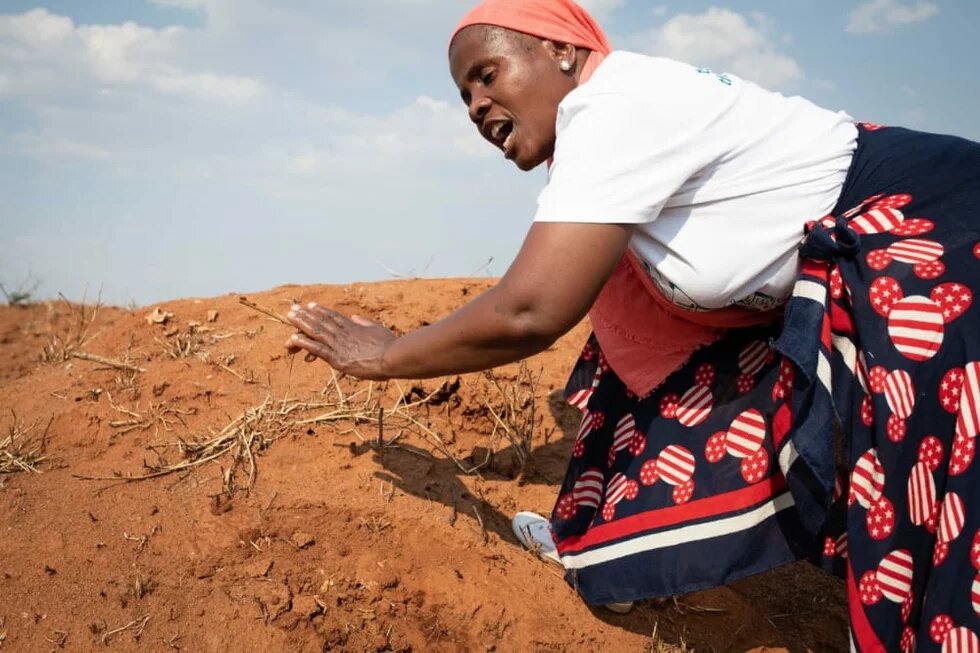Margaret Molomo, the Deputy chairperson of the Mining and Environmental Justice Community Network of South Africa (MEJCON-SA) has been featured in the United Nations: Office of the High Commissioner for Human Rights (UN:OHCHR) latest online booklet titled “On the Frontlines: Defending Human Rights in the Time of COVID-19.” This booklet captures the stories of many inspiring Women Human Rights Defenders.

Margaret shares her story of how the pandemic added an extra burden on the lives of women, particularly women living in mining-affected areas. Women usually bear the biggest brunt of the negative environmental impacts of non-compliant mining operations, from responsibilities of having to look after their families who fall sick as a result of the contaminated air and water, walking long distances to fetch water since mining has dried up boreholes and to the endless cleaning of mining dust in their homes, to name a few. This is the reason why Margaret is a member of MEJCON-SA, whose objectives are to is to advocate for the inclusion of community voices in mining decisions and policy; to facilitate community engagement, sharing, unification and strategy around the environmental and socio-economic impacts of mining on people who live in mining-affected areas.
Margaret describes how the pandemic fueled their anxieties as a community on the possibility that mining companies may capitalise on the lockdown restrictions and not comply with their environmental licences and the law, subsequently violating their rights and livelihoods.
Margaret says that she is determined to continue fighting these big mining companies until environmental justice is realised for her community. Margaret shows us the resilience, power and bravery that women encapsulate in the midst of all the challenges that they face.
**********